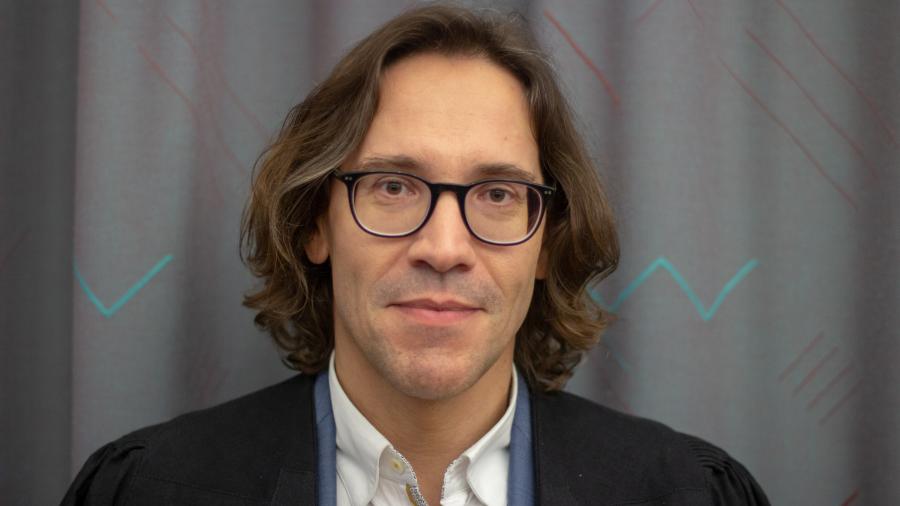
Alexei Lapkin studied chemistry at Novosibirsk State University (Russia) and obtained a PhD degree at the University of Bath for his work on multifunctional catalytic reactors (under the supervision of late Professor W J Thomas). He joined Cambridge in 2013 as a Professor of Sustainable Reaction Engineering.
Alexei is an associate editor for the Chemical Engineering Journal. He is a member of the Scientific Advisory Board of the International Sustainable Chemistry Collaborative Centre (ISC3) and serves on the Advisory Board of the Global Entrepreneurship Centre (GEC). He is actively involved in Cambridge Centre for Advanced Research and Education in Singapore (CARES) where he runs projects funded by the National Research Foundation and Pharma Innovation Partnership in Singapore (PIPS). In the last few years, Alexei's research group created two start-up companies: Accelerated Materials Ltd and Chemical Data Intelligence (CDI) Ltd.